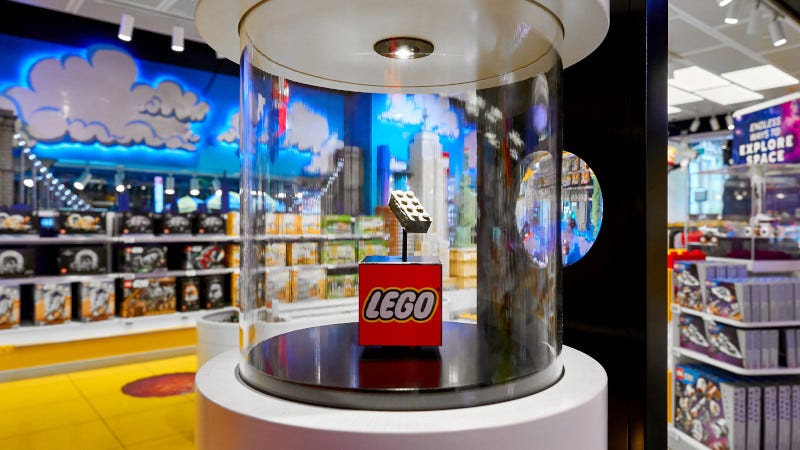Space Construction Methods Inspired by LEGO Bricks
ESA Exploring how Buildings Could be Made Using Materials Found in Space
Scientists at the European Space Agency (ESA) have turned to their love of LEGO brick building when designing launch pads and shelters for astronauts visiting the moon, as part of the Artemis program. To test whether space materials could be used to create structures, the team 3D printed blocks similar to LEGO bricks with meteorite dust to see if they c…




